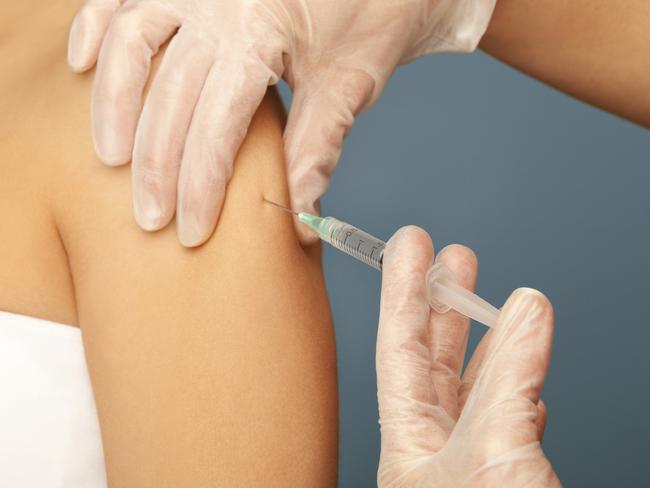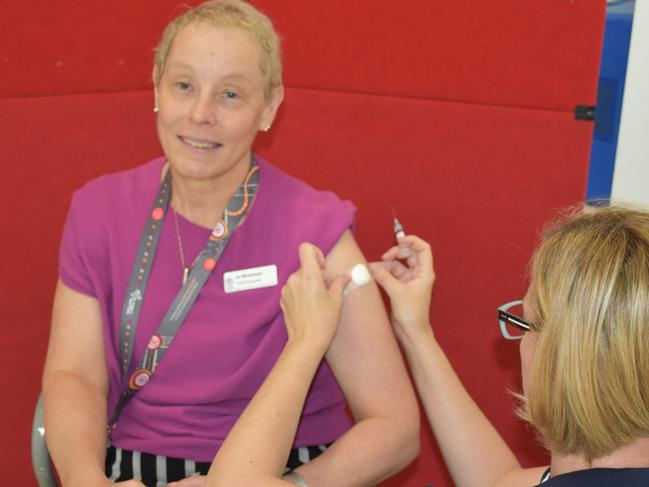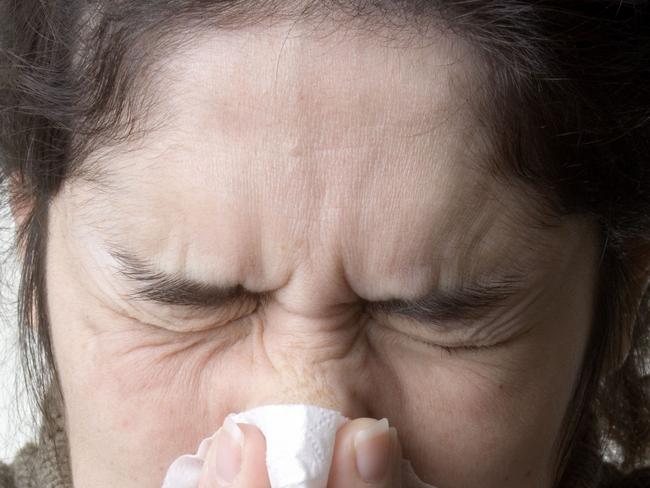Flu-related hospital admissions plummet from 900 to just 1 in Brisbane, thanks to COVID
Flu-related hospital admissions have plummeted from more than 900 to one with social distancing and hand hygiene the main reasons for the stunning drop.
Brisbane’s major public hospitals have had a dream run this winter with just one admission for influenza compared to more than 900 a year ago.
The remarkable and very welcome decline in flu-related admission comes after zealous coronavirus-inspired hygiene and social distancing and severe restrictions on indoor gatherings.
Boasting the perfect record is the Metro North Region, which last year had 526 influenza-related admissions during winter, but none this June, July or August.

The Metro North Region includes Royal Brisbane and Women’s Hospital and Prince Charles, Caboolture, Redcliffe and Kilcoy public hospitals.
”Social distancing and commitment to hand hygiene has played a role in preventing the spread of influenza this year,” a Metro North Hospital and Health Service representative told NCA NewsWire.
The only blemish on Brisbane’s record was the sole admission in the Metro South Region.
Last year 383 people were inpatients at a Metro South Region facility, which includes Princess Alexandra, QEII Jubilee, Logan, Redland and Beaudesert public hospitals, because of the flu.
According to Queensland Health’s ‘year-on-year’ reports, there have been some 60,000 fewer influenza cases — different to hospital admissions — detected in the Sunshine State than in 2019.

The massively low numbers are in line with the trend across Australia, says Griffith University’s School Of Medicine Professor Allan Cripps.
An Australian Department of Health report showed there were just 532 cases of influenza during winter compared to more than 188,600 during the 2019 winter.
Prof Cripps said the collective sum of several factors had driven down flu numbers this year.
“In August, there were about 120 cases Australia wide, while last year in the same month, it was in the order of 60,000 so that gives you an idea that social distancing and improved hygiene have had on the flu,” Prof Cripps told NCA NewsWire.
“ … and there has also been an uptake in flu vaccinations as a direct response to COVID.
“That adds to the overall herd immunity against the flu and in the backdrop to that you have social distancing and that includes hand hygiene which is critical.”

If any lesson is to be learned from the pandemic, it is the importance of hand hygiene and Prof Cripps hoped the use of alcohol-based hand sanitiser would become the norm and not the exception post-COVID-19.
“COVID has, hopefully, changed the way in which we social distance and our improved hand hygiene and I hope that we maintain hand hygiene stations outside every building,” he said.
Despite the massive drop in influenza, the common cold has still been prevalent, in particular Rhinovirus.
Prof Cripps said unlike coronavirus, which was susceptible to alcohol-based hand sanitiser, Rhinovirus was not.
“There’s one virus in the community at the moment, Rhinovirus, a cold virus because it is not susceptible to alcohol hand wash,” he said.
“The fact we have seen this massive drop since November in the flu but no relative change in Rhinovirus is fascinating.”

He said unless we all adopted social distancing in our day-to-day lives, wore masks and sanitised our hands then it was inevitable that influenza numbers would rise post-pandemic.
“What will happen once the COVID pandemic moves on, and it will, we will go back to our original habits,” Prof Cripps said.
“That not social distancing or if we can’t social distance, wear a mask, and handwashing stops they will get back to our previous numbers.”
Queensland Health Minister Steven Miles called it an unexpected, but welcome positive spin-off of the COVID-19 pandemic.
He said it was largely due to the hygiene and social distancing restrictions put in place as he praised Queenslanders for adhering to health advice.
“The uptake of the flu vaccine this year has been very high in Queensland – Queenslanders did a great job of answering the call,” he said.
Research commissioned by Queensland Health earlier this year also showed that people have greatly improved their flu hygiene behaviours since the start of the year, reducing the chance of it spreading within the community.”


